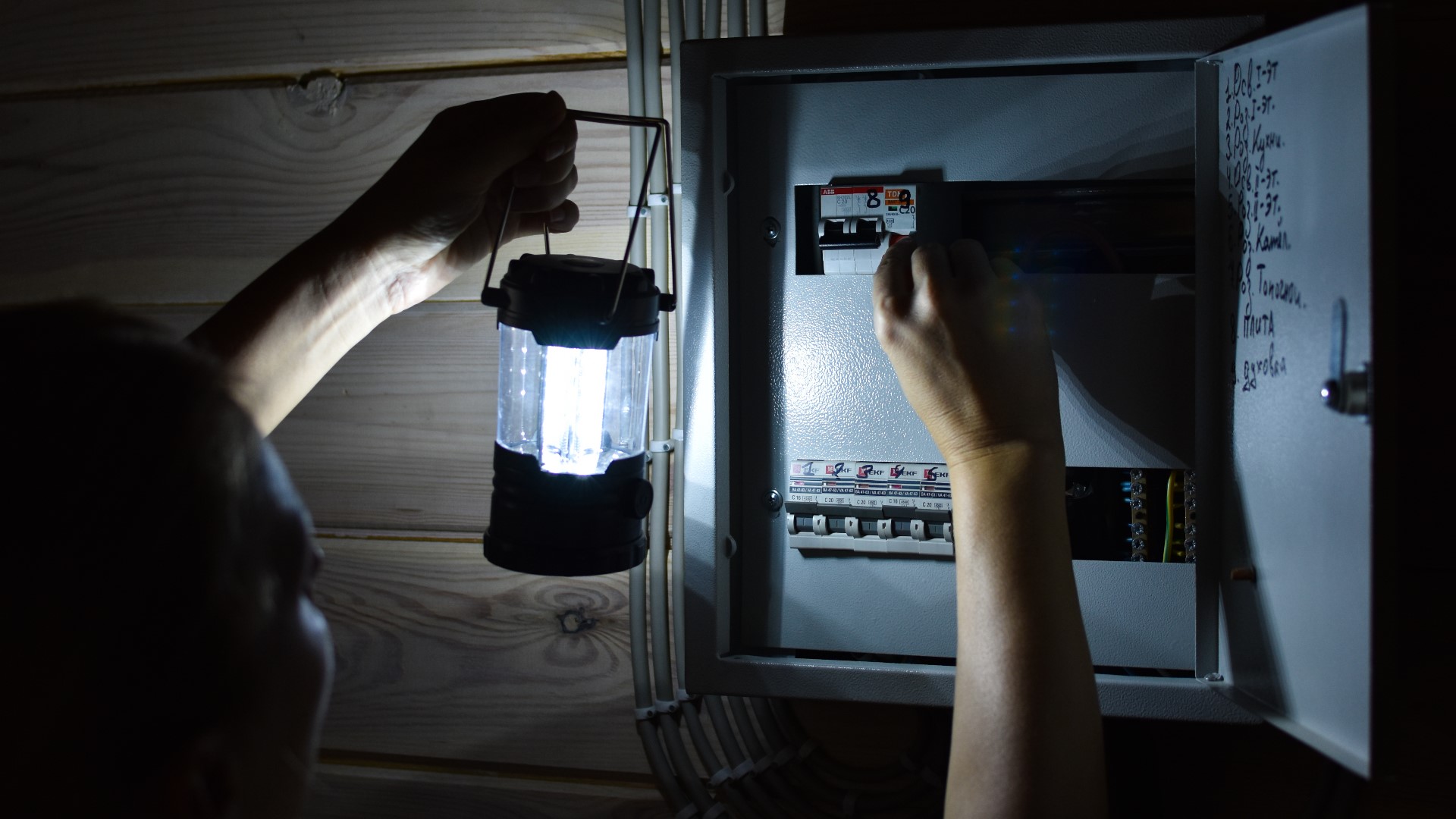AUBURN, California — Even as the California Independent System Operator [CAISO] gave the all-clear that the state's power grid was stable early Thursday evening, an Auburn neighborhood plunged into the darkness, leaving residents in the dark as to why they still didn't have electricity.
PG&E told ABC10 that the outage was due to the heat - but not part of any kind of rolling blackout to conserve energy.
For Auburn residents, however, the cause is less relevant than the impacts.
"It's become really hot, really quick," Christina Grmolyes, Auburn resident, said.
Christina and Mike Grmolyes say they're trying to roll with unpredictable outages during stretches of extreme hot.
"All out frozen items may start melting in the next few hours," Christina said.
Gloria Veramonta, another resident, wasn't too happy with the sudden loss of power.
"I get upset! Because you're doing something and all of a sudden-- pssh!" Veramonta said. "They go out! The lights go out."
She said she hopes this isn't the new normal for hot California summers.
"I don't think rolling blackouts are the new normal," Andrew Campbell, executive director of the Energy Institute at Berkeley Haas, said. "If we get another West-wide heat wave, including the Southwest, Northwest at the same time - it's possible we could get rolling blackouts."
Campbell says compared to last summer, the state is actually better prepared after CAISO, the independent regulator of the state's energy grid, significantly increased the battery storage capacity for solar and wind energy.
"We had 200 megawatts of storage last year, we have about 800 megawatts, as I stand here today. We'll have 2,000 megawatts of storage by September, so every month you're seeing more and more capacity," Campbell said.
As 2,000 megawatts sounds like a big increase, it doesn't come close the state's demand, which generally peaks at 43,000 megawatts. While the state has made improvements since last summer, some energy experts say the state should be setting higher storage targets.

















